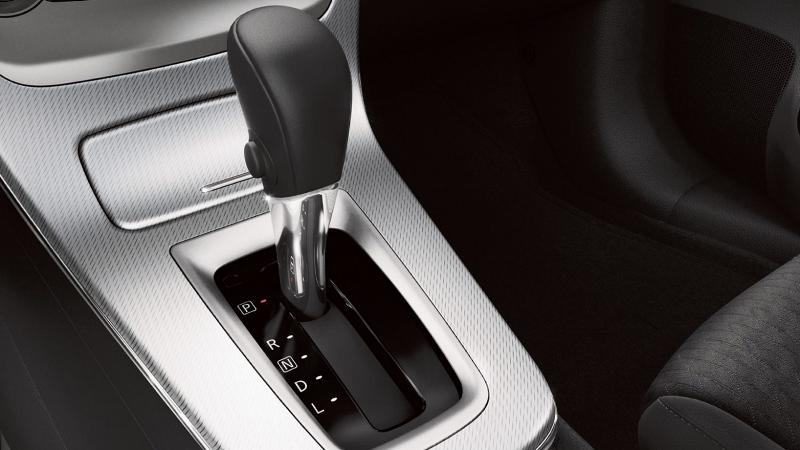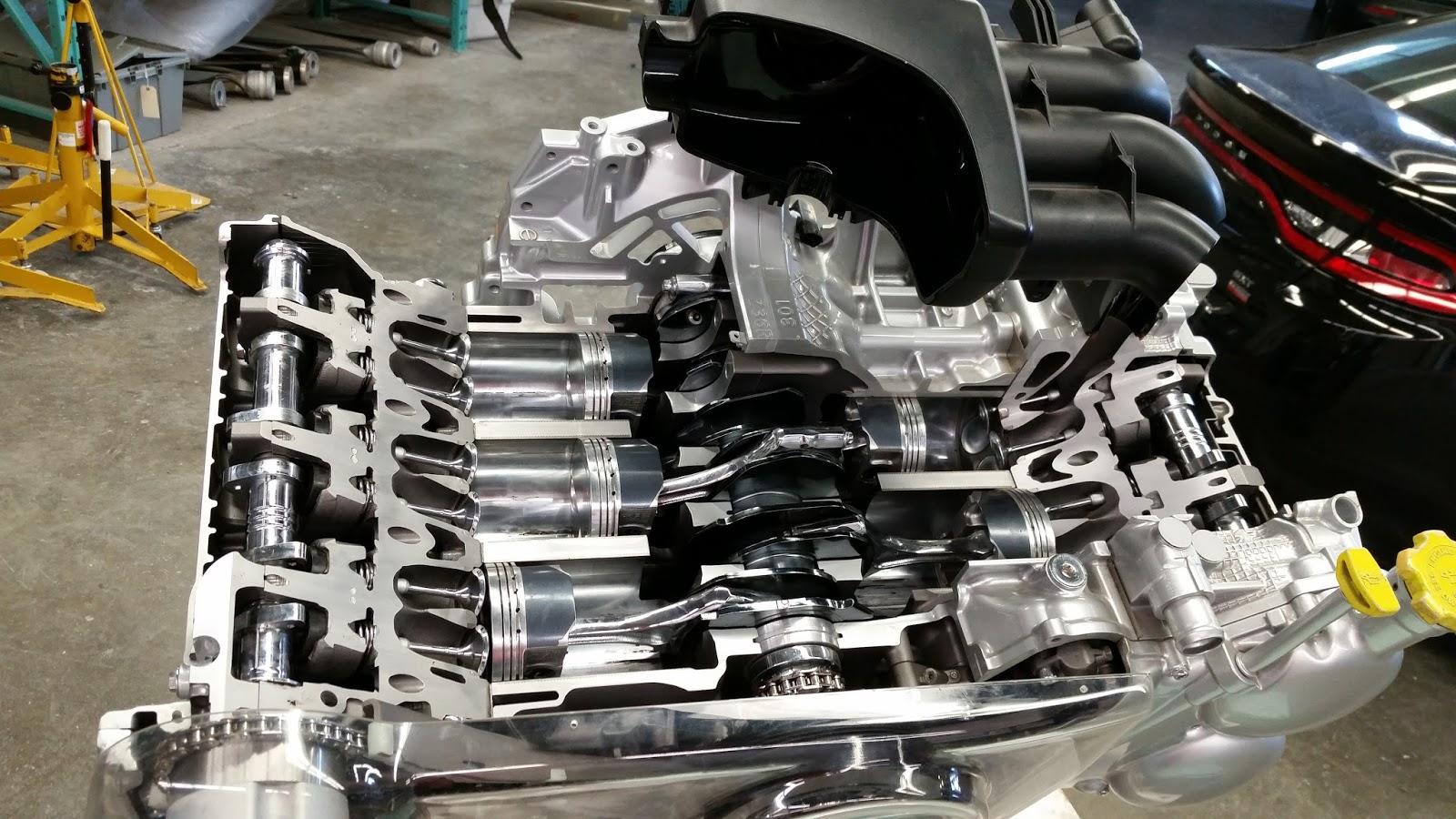The Do’s and Don’ts of Jumpstarting a Car
The dead battery car is often seen but most people around 90% of drivers have never jumpstarted a vehicle according to the estimation. Even jumpstarting a car is fairly easy, regardless of what type of car you have, it can be dangerous if a few precautions are not taken.
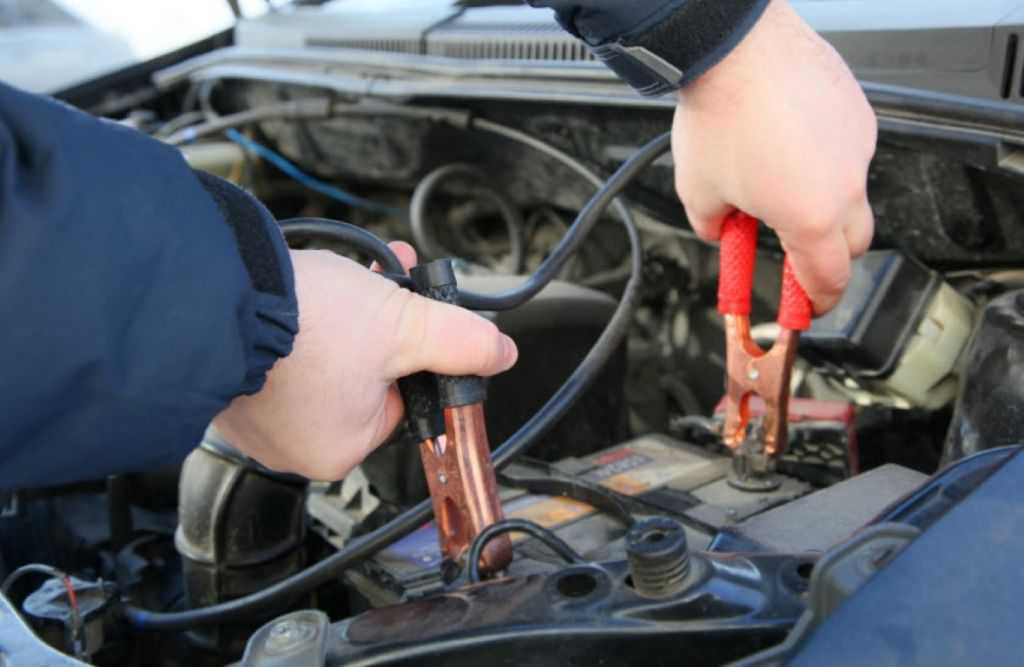
Why Do You Need To Jumpstart A Car?
The most common reason why jumpstarting a car is the dead battery. And the most common reason why your battery is dead is your battery has become discharged and doesn’t have enough power to turn the starter. Batteries can become discharged when you leave lights or other electrical devices on without the engine running. The maximum longevity of a car’s battery is around 5 years if you have a really good battery. A battery that has reached the end of its life might not be able to be recharged enough to start the car the next time it’s needed. If your battery is over 5 years old, this might be the case.
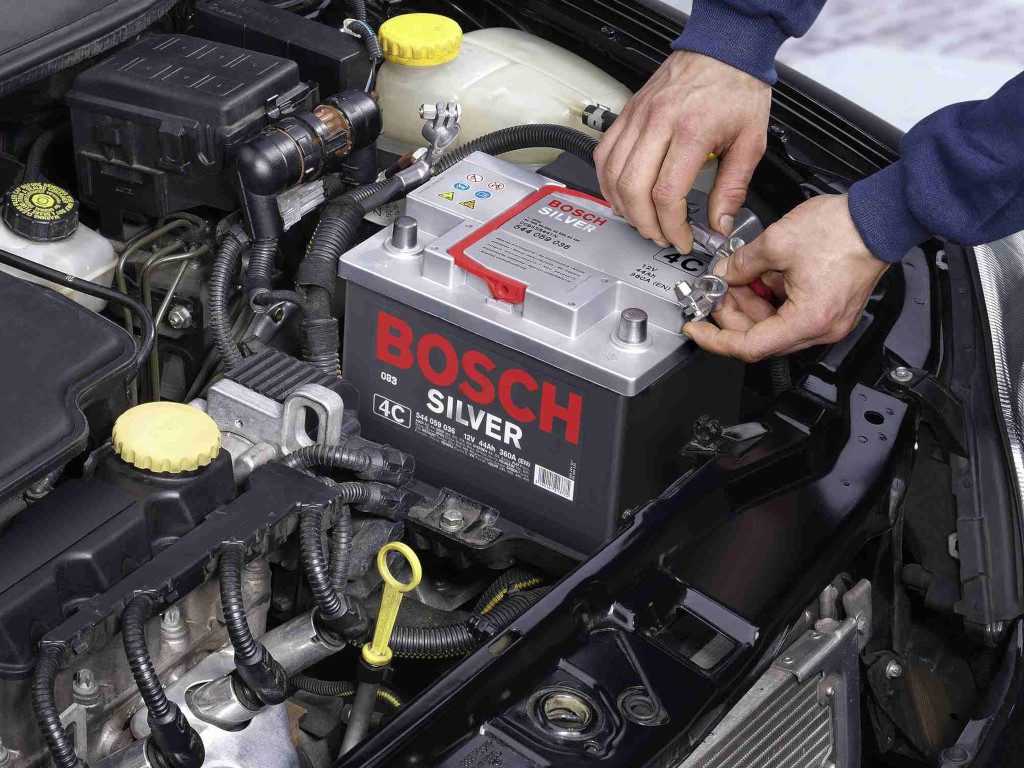
Sometimes when a car sits idle for too long, the battery loses its charge which is the reason why the battery is incapable of starting a car. Also, a faulty battery or events like leaving the headlight could suck all the juice out of the battery. Even a faulty alternator could be the reason why the battery is dead. Whatever the reason might be, the only hope to restart the car is to jump-start it.
But What Is Jumpstarting A Car?
According to Wikipedia, a jump start, also called a boost, is a method of starting a vehicle with a discharged or dead battery. A temporary connection is made to the battery of another vehicle, or to some other external power source. The external supply of electricity recharges the disabled vehicle’s battery and provides some of the power needed to crank the engine. Once the vehicle has been started, its normal charging system will recharge, so the auxiliary source can be removed. If the vehicle charging system is functional, normal operation of the vehicle will restore the charge of the battery.
How To Jumpstart A Car: Tool You Need
- Jumper cables
- Rubber gloves
- A pair of splash-proof polycarbonate
- A wire brush
- Another vehicle that has a fully charged battery that is the same voltages as the car being jumped.
How To Jumpstart A Car: Step By Step
These steps below are simplified, for more detail, check the article do you know how to jump-start a car!
Firstly, you should line up both cars by parking both cars so their batteries are within easy reach of one another but remember to park cars without touching each other.
Secondly, use the red jump lead to connect the working battery’s positive (+) terminal to the flat battery’s positive (+) terminal.
Thirdly, take the black jump lead and attach it to the negative (-) terminal on the working battery. Then attach the other end to an earthing point well away from the flat battery and fuel system. The earthing point is unpainted metal on the engine block or chassis.
Fourthly, start the car which helps your car. Keep both engines off and wait for 3 minutes, then start the working car’s engine and let it run for 1 minute.
Fiftly, start your car by turning on the engine in the car with a flat battery.
Then, leave both cars to idle, at a fast pace, for around 10 minutes.
Next, turn off both cars’ engines and carefully disconnect the leads in the reverse order to the way they were connected. Make sure the leads don’t touch one another, or either car, as you remove them.
Lastly, try turning the keys in the ignition to see if your car will start up.
Watch the video below to see how to jumpstart a car!
The Do’s When Jumpstarting A Car
1. Do read the owner’s manual before attempting a jumpstart
The battery in each model and brand is different from the form to the structure. The newer cars often have jumpstart lugs where the cables need to be attached instead of directly to the battery terminals. Besides, there are some models or brands that do not allow users to jumpstart the vehicle at all due to the warranty condition.
If your car allows you to jumpstart, remember to read the precaution carefully such as removing a fuse, turning on the defroster…

2. Do verify the voltage
It is an important thing you should do when jumpstarting a car. If the voltages do not match, the serious damage can occur to both your car and the other cars.
3. Do park the car
You should park two cars close to each other but avoid touching. And both cars should be in park or neutral with the parking brake engaged.
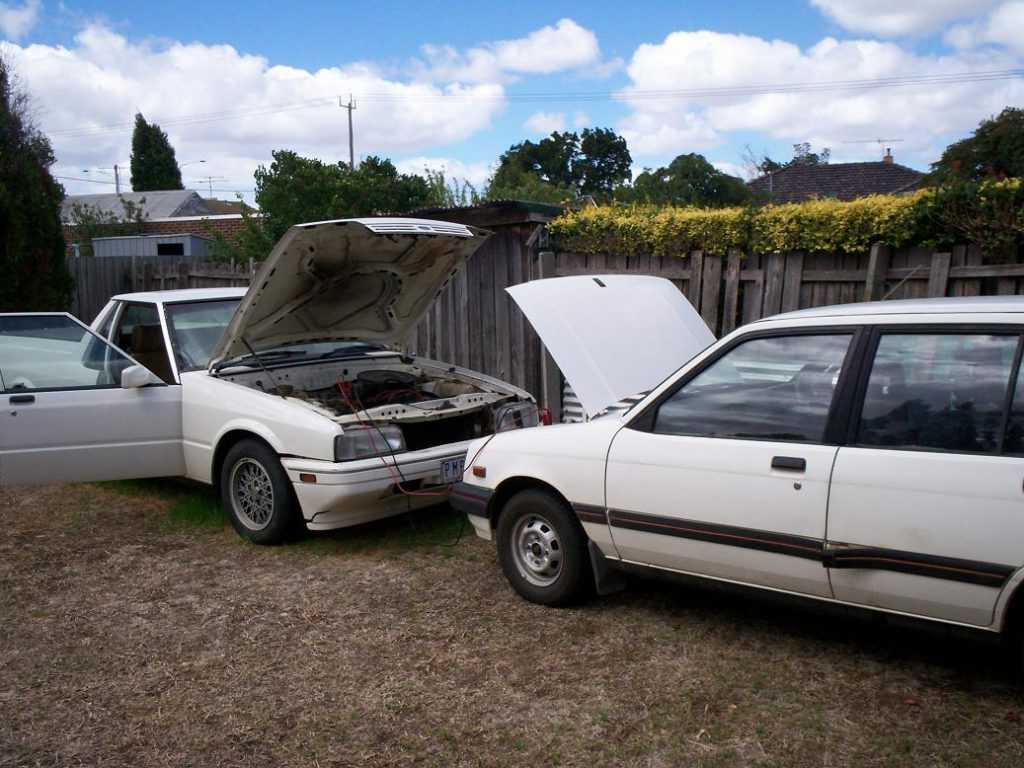
4. Do turn off the engine of the car with good battery
To avoid any damage such as explore, burn… before jumpstarting a car, remember to turn off the engine of the car with good battery. But headlights, radios, and turn signals (including hazard lights) should be off in both vehicles.
SEE MORE
- Best Practices To Safely Jump Start A Car With A Dead Battery
- Car Radiator Fan Not Working: Troubleshooting 6 Common Problems
- 3 Essential Things To Know About Your Car’s Gas Tank
5. Do unplug accessories
Any accessories like cell phones on a charger, should be unplugged. The power surge generated by the jumpstart can sort them out.
6. Do wear protection
You should put on rubber gloves and safety goggles before starting the procedure. It ensures your safety and others safety.
The Don’ts When Jumpstarting A Car
1. Don’t smoke
Never smoke when you jumpstart your car. Smoking is really dangerous especially when you stand near the engine. A battery is extremely volatile and even the smallest spark could end in a tragedy. If you really need to smoke, stay far away from the car.
2. Don’t jumpstart a car when the battery is cracked or leaked
Remember to inspect both batteries for signs of physical damage, in particular, cracks in the case or leaking fluid. If the battery is leaking or cracked, stop jumpstarting right away. Attempting to jump start a leaking battery could result in a catastrophic explosion resulting from sparks igniting volatile gasses escaping from the battery.
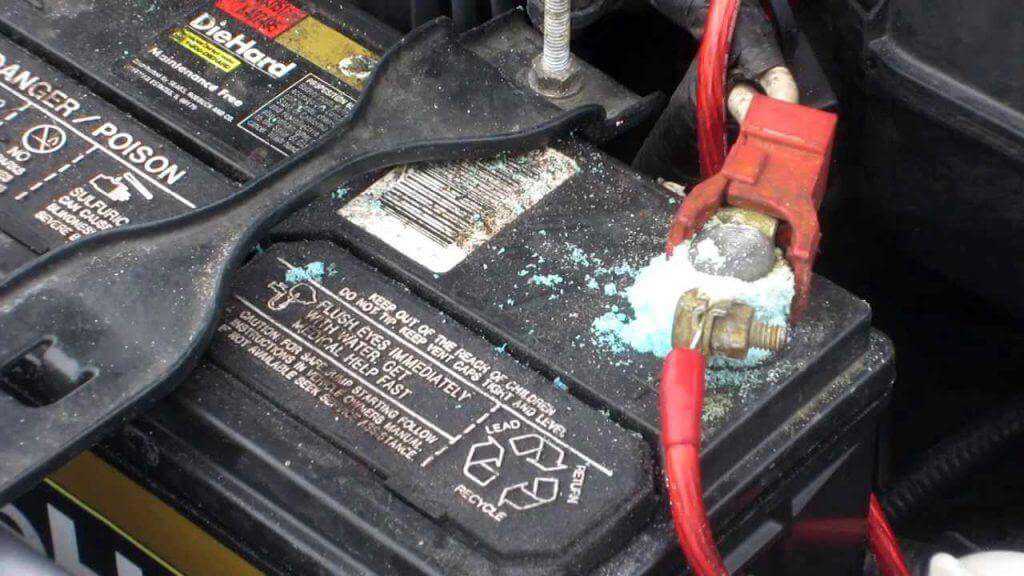
3. Don’t let the cables dangle from the car
When the cables are connected, they have a charge. If that charge hits a puddle, you could be electrocuted. If the cable drops down toward your fender, it could cause a spark to it. So keep checking your surroundings.
4. Don’t connect to the negative terminal of the dead battery.
If you connect to the negative terminal of the battery, an unexpected explosion will happen. For sure you don’t want it to happen. So take care!
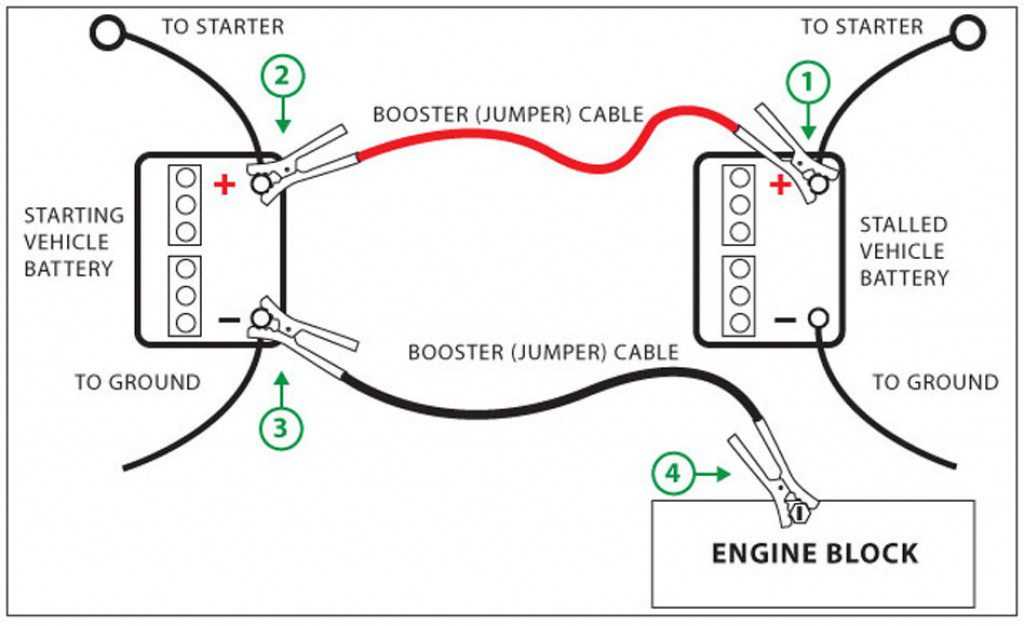
5. Don’t use poor and low quality cables
The jumping cables must be in good condition when you jumpstart your car. It needs to be long at least 3 meters, colour coded. You should check for damaged insulation or frayed wires before proceeding. Cables in poor condition will cause sparks, fires, and be dangerous to the person jumpstarting a car.
6. Don’t jumpstart a car if you are not sure what you are doing.
If you are not sure if you can do it or not, or if you try jumpstarting your car one time but it does not work. Do not hesitate to call a professional, they know how to save your car since your car may face other problems which are more dangerous such as a blow starter, busted alternator…
Watch the video below to know how to jumpstart a car!
Sum up
There are some do’s and don’ts that you should know before jumpstarting a car. If certain conditions exist in your car, a leaking battery for example, you should have it serviced. The best advice is: if you are unsure in any way about what you are doing, call a pro as you can seriously damage your car as well as the other vehicle. It doesn’t matter if you drive a manual or auto car, there is always a way that you can take care of your car better.
Check out more tips for maintenance of your car here.











